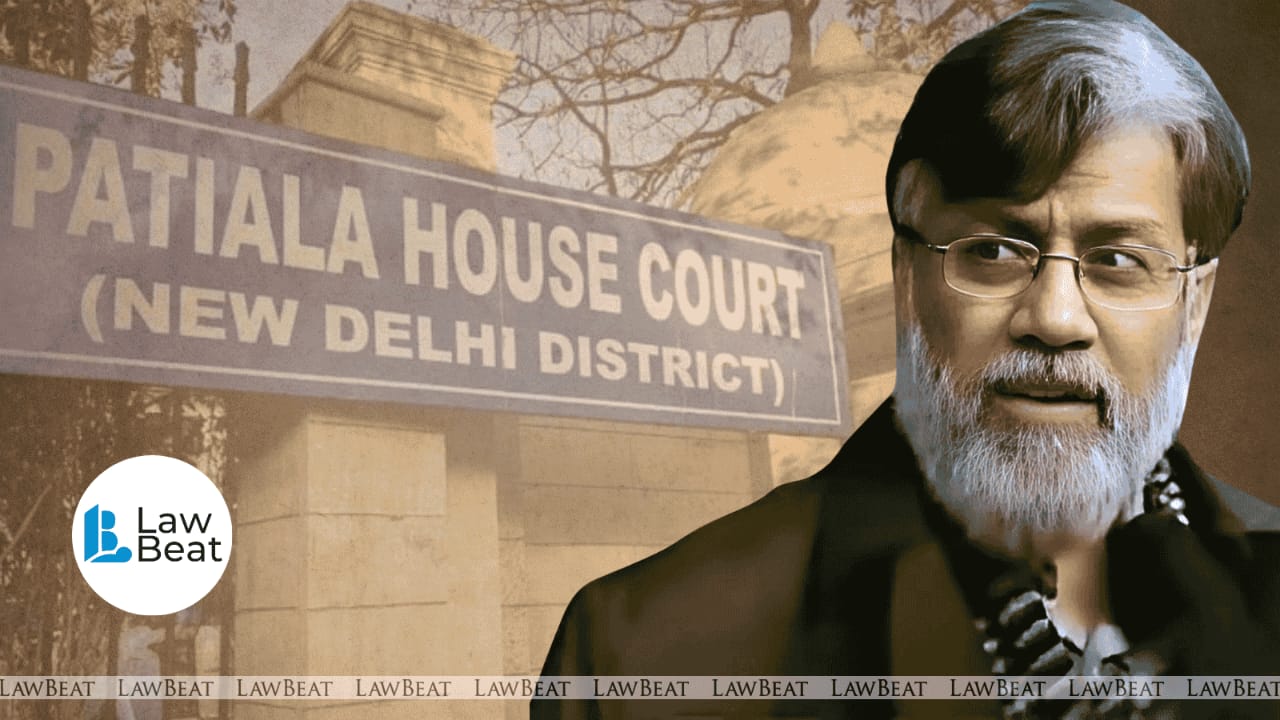Breaking: Delhi Court Reserves Order on Tahawwur Rana’s Plea to Contact Family

Rana, a Pakistani-origin Canadian businessman, was recently extradited from the United States to face trial in India for his alleged involvement in the 2008 Mumbai attacks, which claimed over 160 lives and left hundreds injured
A Delhi Court on Wednesday reserved order in a plea of Tahawwur Rana, a key conspirator in the 26/11 Mumbai terror attacks, seeking permission to communicate with his family members while he remains in judicial custody.
Rana, a Pakistani-origin Canadian businessman, was recently extradited from the United States to face trial in India for his alleged involvement in the 2008 Mumbai attacks, which claimed over 160 lives and left hundreds injured.
Special NIA Judge Chander Jit Singh of Patiala House Court reserved the order after hearing arguments from both sides in an in-camera proceeding. The order will be pronounced tomorrow.
During the hearing, Advocates Piyush Sachdeva and Lakshya Dheer, appointed through the Delhi Legal Services Authority (DLSA), appeared on behalf of Rana. Special Public Prosecutor (SPP) Narender Mann represented the National Investigation Agency (NIA), which is investigating the case.
Opposing the plea, the NIA argued that the investigation against Rana is at a critical stage and permitting communication with family could jeopardize ongoing proceedings.
After hearing the arguments in the in-camera proceeding, the court reserved the order.
Pertinently, on April 21, the court had issued notice to the National Investigation Agency (NIA), directing the agency to file its response.
Allegations against Rana
Rana is a key conspirator in the 2008 Mumbai terror attacks and is accused of facilitating the operations of David Coleman Headley, who conducted reconnaissance in Mumbai ahead of the 2008 attacks.
According to NIA, Rana had conspired with David Coleman Headley (also known as Daood Gilani), operatives of Lashkar-e-Taiba (LeT) and Harkat-ul-Jihadi Islami (HUJI), and other Pakistan-based actors to orchestrate the devastating 2008 attacks.
From November 26 to 29, 2008, ten terrorists from Pakistan-based LeT carried out 12 coordinated shooting and bombing attacks across Mumbai. They infiltrated the city by sea, broke into teams, and launched strikes at high-profile locations, including the Chhatrapati Shivaji Maharaj Terminus, Taj Mahal Palace Hotel, Leopold Café, and a Jewish center. Attackers indiscriminately opened fire and hurled grenades at civilians, resulting in the deaths of 166 people, including six Americans, and injuring over 238. Property damage was estimated to exceed $1.5 billion.
Rana now faces trial in India on 10 serious criminal charges, including conspiracy, murder, commission of a terrorist act, and forgery.
His extradition was ordered by a U.S. court in May 2023, but Rana pursued multiple appeals, including petitions in the Ninth Circuit Court of Appeals and the U.S. Supreme Court, all of which were rejected. On April 9, the U.S. Marshals Service executed the final surrender warrant, handing him over to Indian authorities.
After Rana’s arrival in New Delhi following his extradition from the United States on the evening of April 10. He was, on April 11, produced before Special NIA Judge Chander Jit Singh, Patiala House Court.
NIA had then sought 20 days of police custody for Rana. However, the Special Judge granted 18 days of custodial interrogation.
Case Title: NIA v. David Coleman Headley
